I apologize for going silent for a week and leaving my ugly mug in view for so long! My new (cataract-free) left eye is now 20/20, but of course the right eye will be worked on next week. Soooo…my vision is a little crazy. I wanted to share some information that I’m rereading about the research into the whole foods plant-based eating plan (as opposed to the label “vegan”) but I can’t really see well enough to write up that description. Since I can type without looking at the keyboard, I’d just like to summarize my thinking about attitudes toward nutrition.
Nutritional advice has shifted back and forth over time from low carb to high carb and balanced diet to restricted diets. It seemed diets were driven by folks who wanted sell books, or supplements or actual food.
Back in the 1960’s you might have recognized names like Adelle Davis who pointed out the harmful hormones and additives in common foods. She felt foods were lacking in nutrition and recommended adding vitamin supplements to the diet. (See her book, “Let’s Eat Right to Keep Fit”).
Robert Atkins encouraged a low carb diet with unlimited protein and saturated fat. This diet was criticized for putting folks at risk for heart disease.
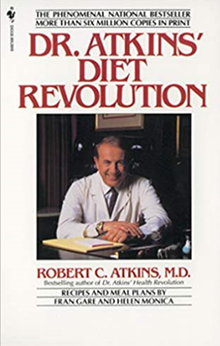
Around the same time one of the most controversial diet books was published, “Diet for a Small Planet” by Frances Moore Lappe. This book laid out the principles of eating less or no animal products and using plants in a way to combine their nutrients so we had adequate nutrition (expressed as food combining, like beans and rice). Food companies spent a lot of advertising energy proclaiming that we just couldn’t get enough of the right kind of protein on this diet.

At the time, the Standard American Diet was definitely focused on beef, pork and poultry as the base for an adequate diet. This diet was supported by the industrial food growers and manufacturers with subsidies to farmers and advertising to the public (remember the “Where’s the beef?” and “Got Milk?” ads?). Most plant-based crops not designed to be fed to animals were more of a novelty or appropriate for home gardeners. Families choosing to eat less meat were shamed into thinking they were not feeding their children adequate nutrition.
At the time, nutritionists were taught the basic food groups of a good diet (meat, dairy products, vegetables, fruit and starch (bread and potatoes). any diets that deviated from this Standard American Diet were often described by what they did not include: Vegetarian meant no meat but cheese and milk were OK; Vegan meant no meat, no dairy, but dangerous lack of protein.
When I discovered that I was allergic (or very sensitive to) eggs and dairy products, I would say I was a vegan that could eat meat…so I could reassure folks that I could still be healthy.
The China Study
In 2006 I stumbled upon a book describing some major research in the field of nutrition, called The China Study. This research was spearheaded by T. Colin Campbell, a nutritional biochemist at Cornell University and his son Thomas M. Campbell, MD.
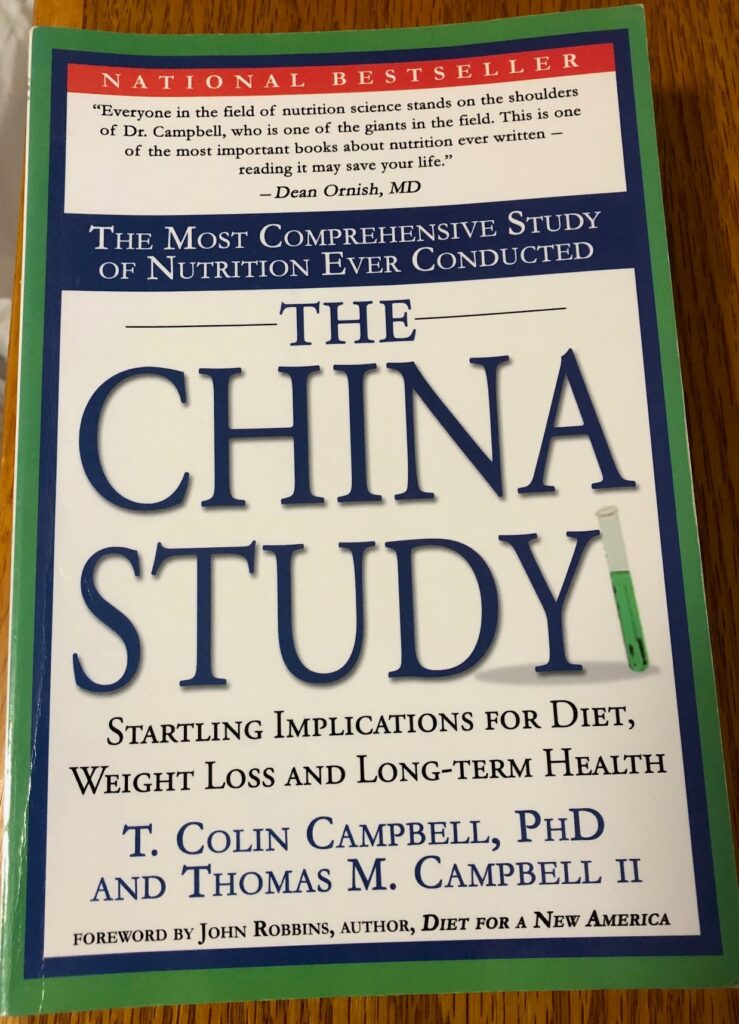
The research was focused first on animal studies trying to understand the relationship between diet, longevity and cancer. The research team then had the opportunity to use a vast database from China that explored many variables, including the relationship between the intake of animal protein and the incidence of cancer. The detailed results were published in this book, The China Study.
The research presented in this book was very compelling to me. However, at this stage it was difficult to see how it could be implemented…especially in the winter in Pennsylvania. Our garden was under snow. I did not have a greenhouse and I had very little experience cooking with beans or tofu. However, I was thrilled to attend a presentation given by Dr. Campbell at Foxdale village here in State College in 2008 and had him autograph my book!
The researchers in The China Study also partnered with Dr. Caldwell Esselstyn, a noted cardiac surgeon at the Cleveland Clinic, who was implementing a diet for his most difficult heart patients that focused on a whole-foods, plant-based eating plan. He was finding the diet worked, even when traditional doctors were still recommending the Standard American Diet. His patients loved him; many of his colleagues didn’t want to hear about his successes!
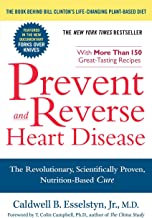
After reading The China Study 15 years ago (which I found inspiring), I was amazed at the reaction from the government, food industries and nutritional organizations (subsidized by the government and food industries). The revised edition of the book, out in 2016, describes some of the most controversial issues. I could not believe the vitriol being thrown about.
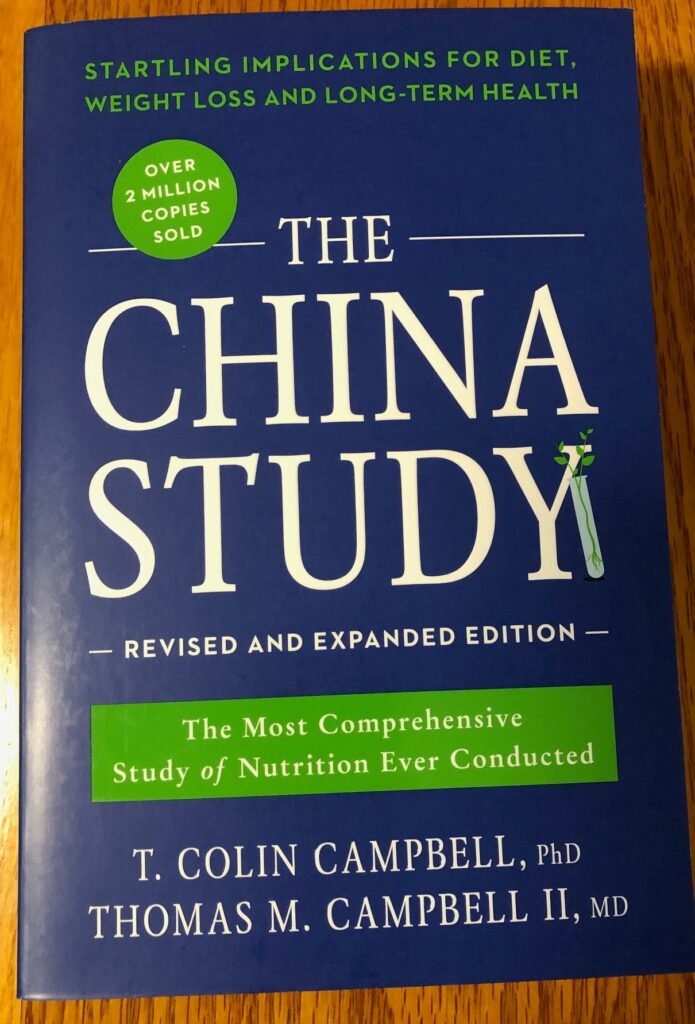
With any research-based book like this, it’s always hard as an individual to figure out how to implement the findings. What should my dinner plate look like if I wanted to follow the suggestions?
Curiously, over the last 15 years, T. Colin Campbell’s wife, daughter and son found ways to define the practical side of the diet. Dr. Esselstyn’s wife and daughter published cookbooks and his son (a firefighter) brought the diet principles into the fire house, creating the Engine 2 Cookbook based on the book and video Forks Over Knives.
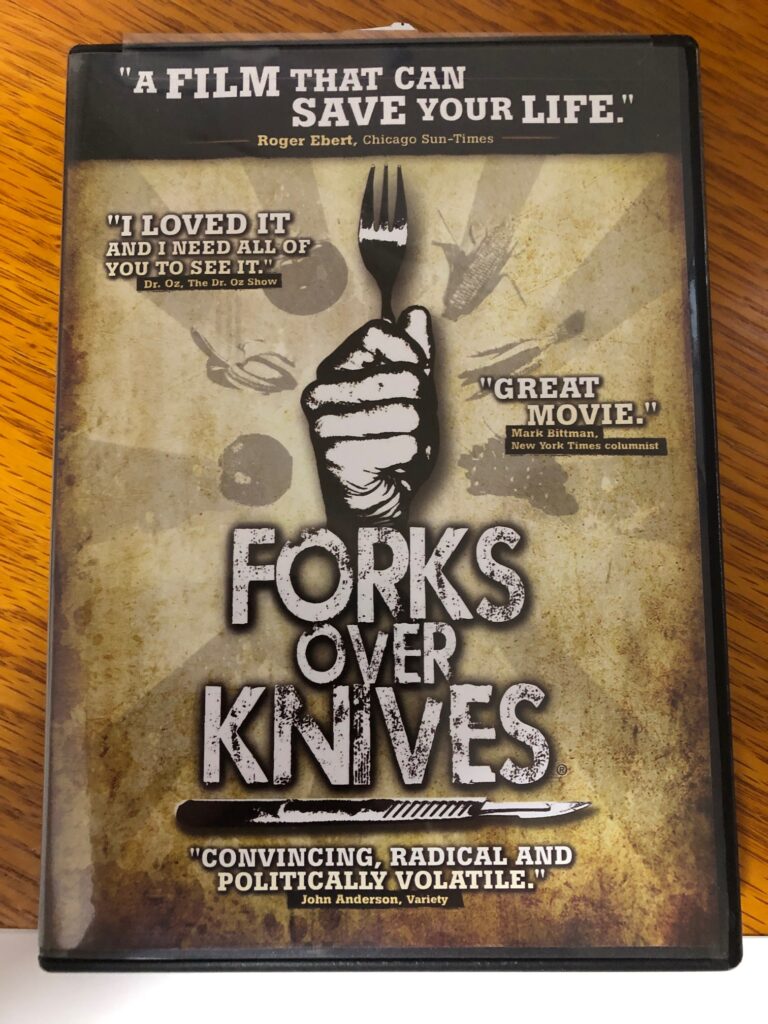
Now I realize the language about diet has changed from Vegan (and the foods not allowed) to a Whole-Foods, Plant-based diet (with a more positive image). Both families (Campbell and Esselstyn) transitioned to this way of eating gradually and their younger generation has found a way to champion this way of eating. I find it inspiring!
This afternoon, I’m still uncomfortable trying to read in depth so I’m going to watch the video I have of Forks Over Knives to refresh my memory. As soon as I can actually focus and reread parts of The China Study, I’ll share some of the research. If you’d like to dive into the research yourself, the revised edition is available on Amazon. There are now several cookbooks available that are written by LeAnne Campbell. More about those recipes in the future! Enjoy!
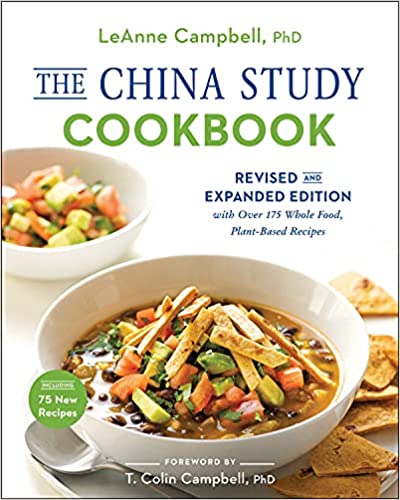
Please comment or email me directly at marykisner@comcast.net.
